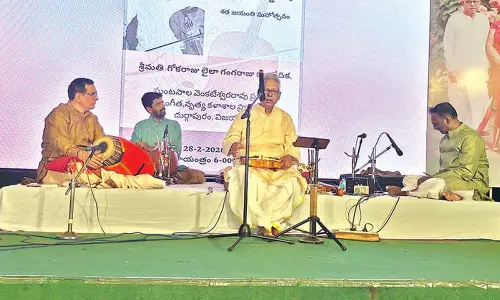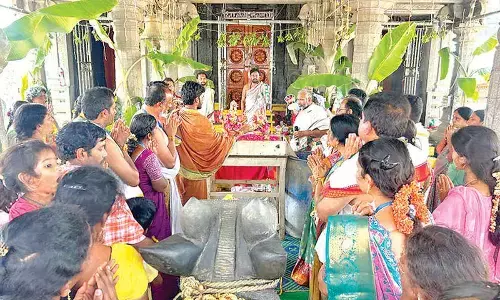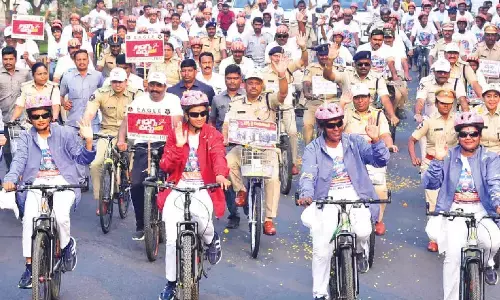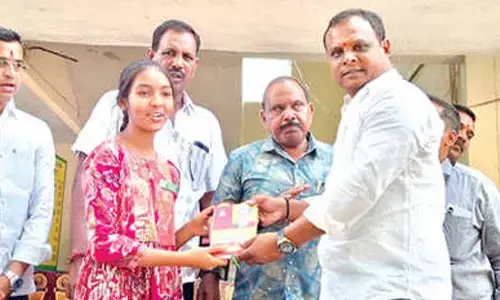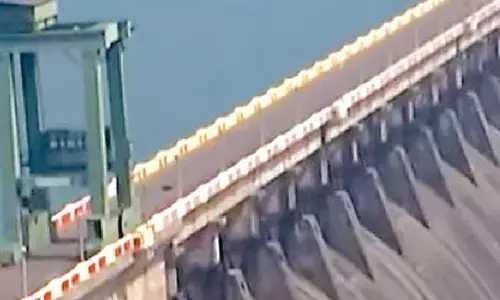Not just NEET, frisking of candidates is now common for most examinations
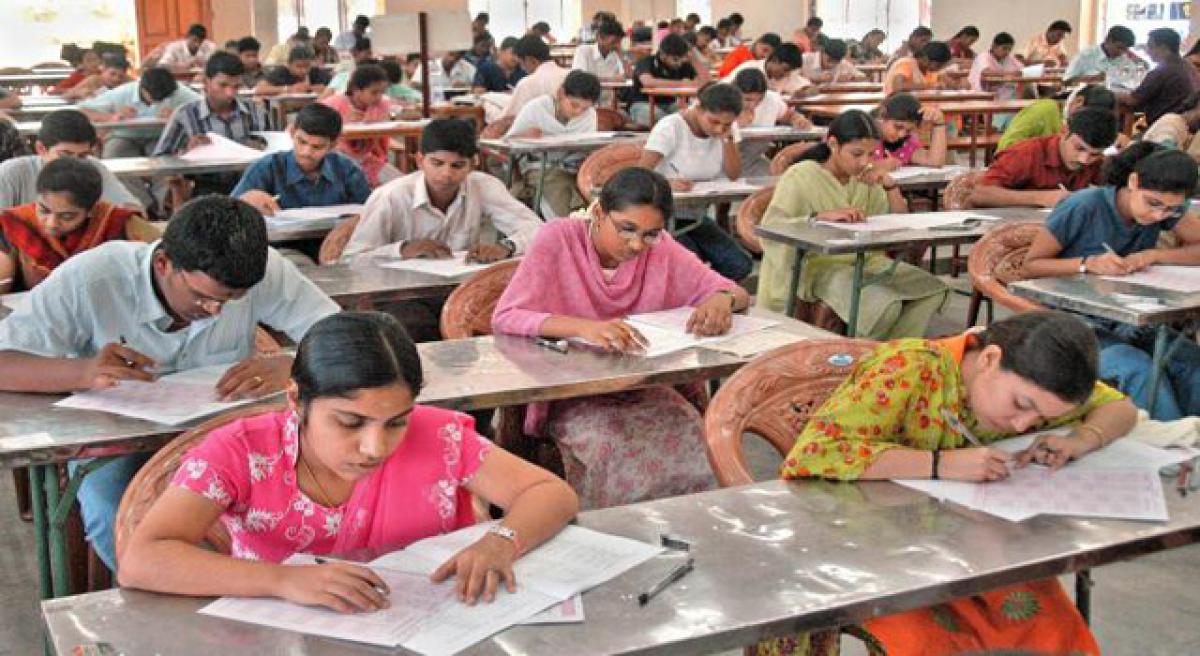
CBSE has now issued a clarification following reports from Kannur in Kerala where a student appearing for the NEET examination was allegedly forced to remove her inner wear for the purpose of frisking.
CBSE has now issued a clarification following reports from Kannur in Kerala where a student appearing for the NEET examination was allegedly forced to remove her inner wear for the purpose of frisking. CBSE has also asked the principal of the school to tender an unconditional apology to the student. While it regretted the inconvenience caused to the student, CBSE maintained that enforcing dress code and frisking are part of the efforts to ensure fair conduct of the examination.
NEET’s instructions about barred items & dress code
CBSE has issued specific instructions to candidates appearing for NEET detailing the barred items and the dress code for the exam. Apart from prohibiting electronic or communication devices, the CBSE has also prohibited metallic items, eatables etc. It also specified a dress code asking the candidates to wear Light clothes with half sleeves not having big buttons, brooch/badge, flower etc. with Salwar/Trouser and slippers, sandals with low heels and not shoes.
As per the CBSE’s clarification, such instructions were necessitated following the AIPMT leak in 2015 and the subsequent orders of the Supreme Court to re-conduct the exam in a in a fair manner.
Frisking & Dress Code are part of the process for most examinations
The technological advances have made it easier for candidates to cheat in examinations by using micro electronic & communication devices as it happened in AIPMT in 2015. The investigating authorities in that case found that two vests of gents were tagged with micro SIM devices, ear devices, charger and two mobile phones of dual SIMs. All these have forced authorities conducting various examinations to go for frisking and mandate a dress code. For instance, JEE (Advanced) instructions to candidates also mandate a certain dress code
Same is the case with SBI clerk examinations
While the UPSC does not explicitly mandate a dress code, it does ask the candidates not to bring any valuable or expensive items to the centers. Even some state public service commissions have mandated similar rules for their examinations. It goes without saying that the staff at the examination centers should be sensitized to handle such situations and not cause inconvenience to students. But frisking and enforcing dress codes seem to be necessary for ensuring fair conduct of examinations.
By Rakesh Dubbudu



